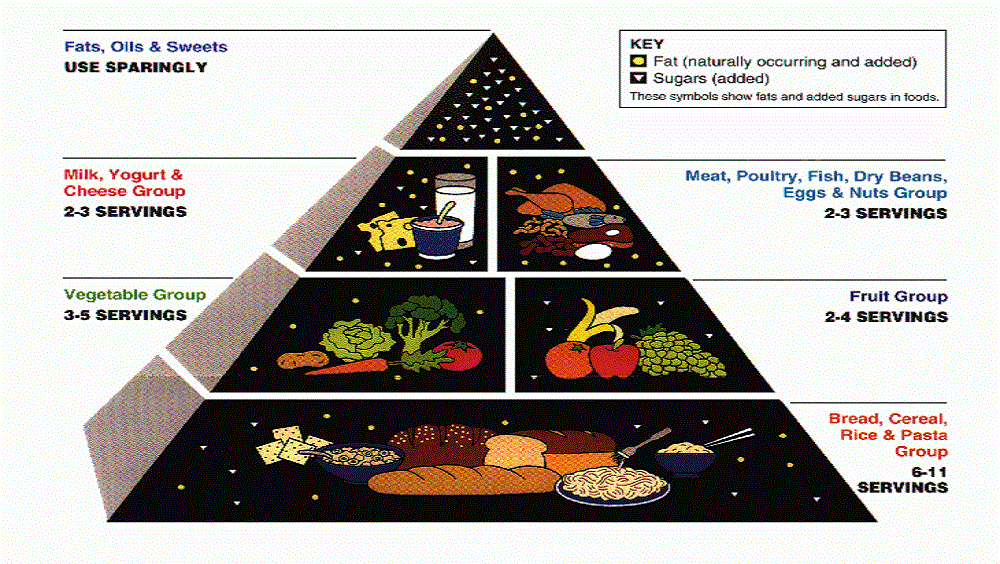Processed Foods or Prepared foods?

By Ashok Vasudevan
By Ashok Vasudevan
Words are beautiful couriers of meaning. A single word can invoke a smile, ignite love, whet our appetite and even make food taste delicious - all at the same time. Just as easily, they can engender bias- either when used without discrimination or when received with suspicion. Words can transform behavior and when misunderstood, cost money. Lots of it. Not just for individuals, but for families, communities and societies at large.
Let me illustrate this further by choosing some words du jour in the food industry. An increasing base of health conscious consumers react as one to words such as carbohydrates (bad), protein (good), fiber (good), local (good), GMO (bad), natural (good), organic (good), processed (bad) and so on. You get my drift.
Right now I'd like to set the record straight on one of those words. "Processed" foods are getting a pounding (mostly deserved) by the media and consumers alike. We are also witnessing increased government activism as cities and states hope to improve public health by regulating their sales.
So what are processed foods and what seems to be the problem?
Lets start with some nutrition basics. Proteins, Fats and Carbohydrates, constitute the macronutrients in food. Fats & proteins are crucial for building tissues, and physical insulation in our bodies. Carbs are the fuel that provides the necessary energy for the human body that account for normal functions such as heartbeat, digestion, walking, eating, etc. Effectively, more than 60% of the all the energy our body needs comes from carbohydrates.
And almost all carbs (99%) we eat come from fruits, vegetables and grains[i]. (Meats contain virtually no carbs.) When we eat whole grains, fruits, and vegetables, our body receives life-sustaining forms of "complex" carbohydrates. These complex carbs also contain fiber, vitamins and minerals- the micronutrients. . While fiber itself is not digested, it plays a vital role in the digestive process. Complex carbs take time to digest as they are broken down methodically to simple carbs, which finally get absorbed as glucose in our blood stream.
To understand processed foods also requires us to understand the difference between simple and complex carbohydrates[ii]. Simple carbohydrates are basically simple sugars with virtually no nutritional value and hence it is best to limit their consumption. Examples of simple carbs include sugar, glucose, chocolate, jam, carbonated soft drinks, fruit juice, honey, crackers etc. Most fruits, and milk are also simple carbs though clearly, some of them are good for you.
We can find complex carbs in whole grains, (like brown rice, quinoa, Amaranth, millets, whole wheat), most vegetables (lettuce heads and mushrooms are some exceptions with no complex carbs) and legumes (peas, peanuts, beans, lentils etc.).[iii] In a sentence, they are good for you.
So, why is this related to processed foods industry and why the drubbing? I am calling it their ‘subtract, add, transform' problem.
First they subtract. Vegetables, grains and legumes are stripped off their complex carbs, fibers, minerals and vitamins when they are treated or "processed" to produce easily digested, ‘sugary' foods. Examples of subtraction abound and include some of our favorites, like white rice (brown rice minus bran), white bread (whole wheat grain minus bran minus wheat germ, then baked), refined flour (whole grain minus bran, then pounded), cream of wheat (whole wheat minus bran minus germ, then coarse ground).
Second, they add a long list of additives including colors, flavors, enhancers, binders, food chemicals, stabilizers and preservatives, to make a perfectly simple recipe look like an inorganic chemistry textbook. We all go shopping for such products everyday. We come across breads that contain high fructose corn syrup and bromates, juices with sodium benzoate and potassium citrate, jams with sodium diacetate and even some butter with added colors and flavors!
Finally, they transform. Claiming innovation we bring forming, processing and preservation technologies to create new products and claim to enhance taste, nutrition and convenience. Then they back-pedal and introduce variants that are less harmful hoping consumers feel less guilt (e.g. low fat, low sodium, diet versions etc.). They then fortify with iron, omega-3, anti-oxidants and calcium after stripping them from the original raw materials in the first place!
Ingredients statements in products we buy are as important (if not more) than even the nutrition label. Here is one example of ingredients in a rice product available in stores nationwide:
By Ashok Vasudevan
Words are beautiful couriers of meaning. A single word can invoke a smile, ignite love, whet our appetite and even make food taste delicious - all at the same time. Just as easily, they can engender bias- either when used without discrimination or when received with suspicion. Words can transform behavior and when misunderstood, cost money. Lots of it. Not just for individuals, but for families, communities and societies at large.
Let me illustrate this further by choosing some words du jour in the food industry. An increasing base of health conscious consumers react as one to words such as carbohydrates (bad), protein (good), fiber (good), local (good), GMO (bad), natural (good), organic (good), processed (bad) and so on. You get my drift.
Lets start with some nutrition basics. Proteins, Fats and Carbohydrates, constitute the macronutrients in food. Fats & proteins are crucial for building tissues, and physical insulation in our bodies. Carbs are the fuel that provides the necessary energy for the human body that account for normal functions such as heartbeat, digestion, walking, eating, etc. Effectively, more than 60% of the all the energy our body needs comes from carbohydrates.
And almost all carbs (99%) we eat come from fruits, vegetables and grains[i]. (Meats contain virtually no carbs.) When we eat whole grains, fruits, and vegetables, our body receives life-sustaining forms of "complex" carbohydrates. These complex carbs also contain fiber, vitamins and minerals- the micronutrients. . While fiber itself is not digested, it plays a vital role in the digestive process. Complex carbs take time to digest as they are broken down methodically to simple carbs, which finally get absorbed as glucose in our blood stream.
Ingredients statements in products we buy are as important (if not more) than even the nutrition label. Here is one example of ingredients in a rice product available in stores nationwide:
Long Grain & Wild Rice

_
If you see names of ingredients you don't recognize, cannot pronounce or if it reminds you of your chemistry class, you know you are dealing with processed foods.
I don't mean to suggest most food companies are irresponsible or that they don't have the consumers' health & wellness at heart. Quite a few do and their brands have outpaced the growth of traditional companies over the past decade. Look around the world to see the number of small food companies that have emerged on the platform of sustainability, natural, and organic. These companies, don't process food. They prepare it like we might, at home. They use natural and organic ingredients, whole vegetables, whole grains, and legumes. These companies prepare these foods in the kitchens of their factories and not process them in the shop floor of their manufacturing facility. They don't subtract, add, or transform. They cook. Here's an example of ingredients in another rice product that has recognizable ingredients: Water, Brown Rice, Sunflower Oil!
Brown Rice

These companies have understood that consumers will seek and find foods that combine great taste, health & wellness and real convenience. This is a holistic way of life that consumers have chosen and its here to stay.
To these companies I think words are important. Sustainability to them means sustaining the health of the planet, health of their consumers and the health of the company. Such companies and their consumers know the difference between processed foods and prepared foods.
References:
[i] T.Colin Campbell, Thomas M. Campbell, The China Study: The Most Comprehensive Study of Nutrition Ever Conducted and the Startling Implications for Diet, Weight Loss and Long term Health (Benbella Books, Dallas Texas, 2006), 213
[ii]http://www.fitday.com/fitness-articles/nutrition/carbs/simple-vs-complex-carbohydrates.html
[iii] http://www.livestrong.com/article/27398-list-complex-carbohydrates-foods/

